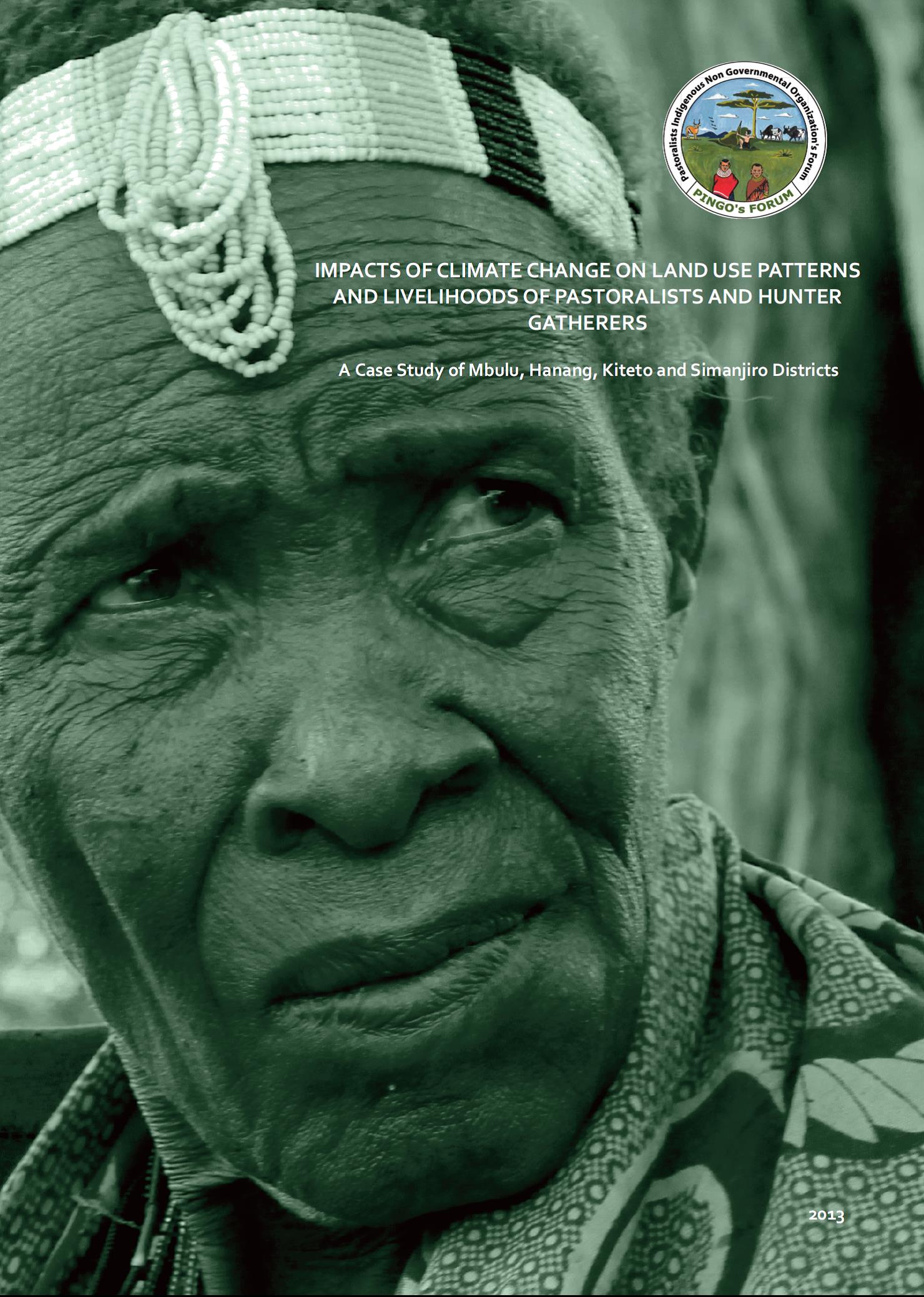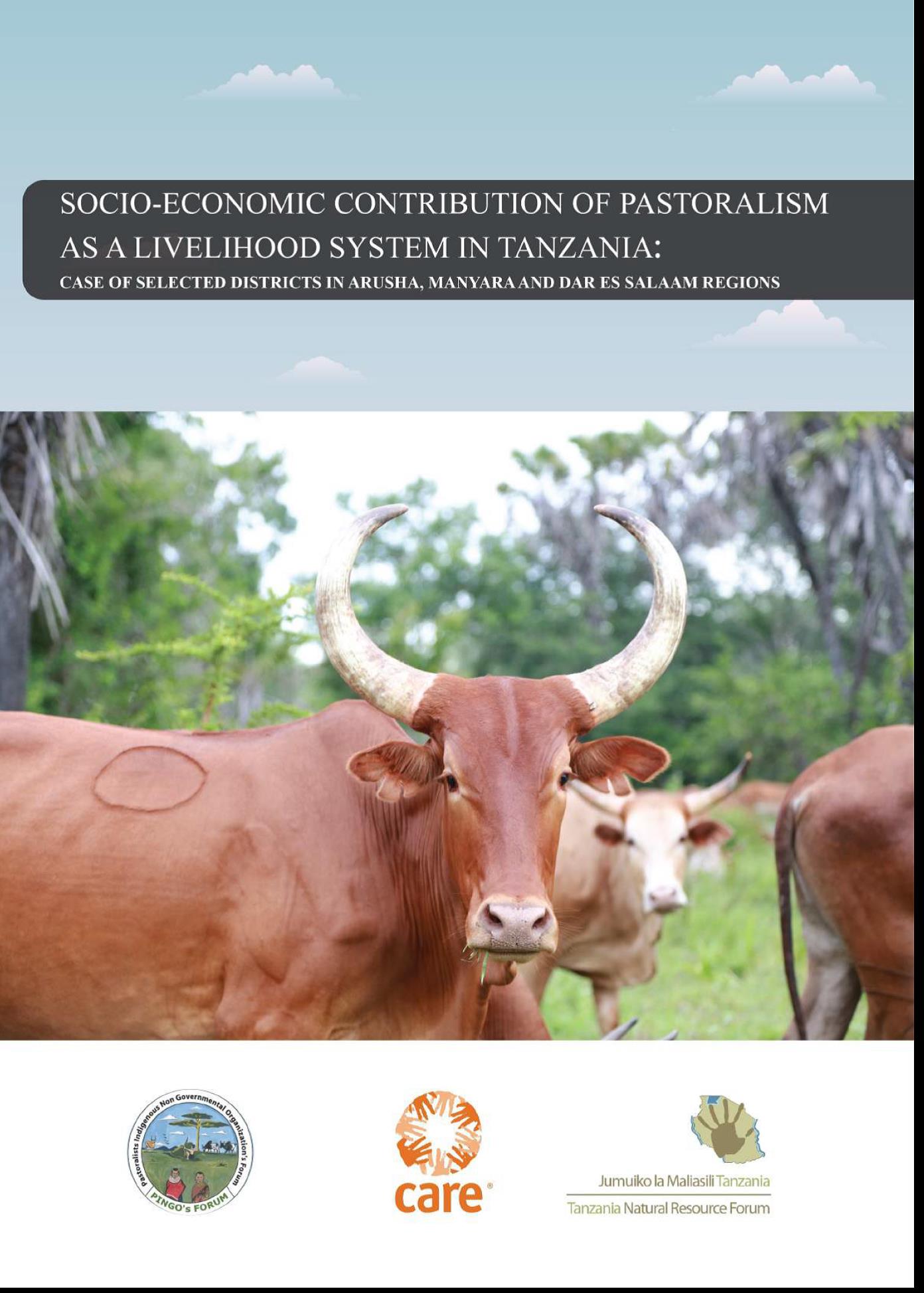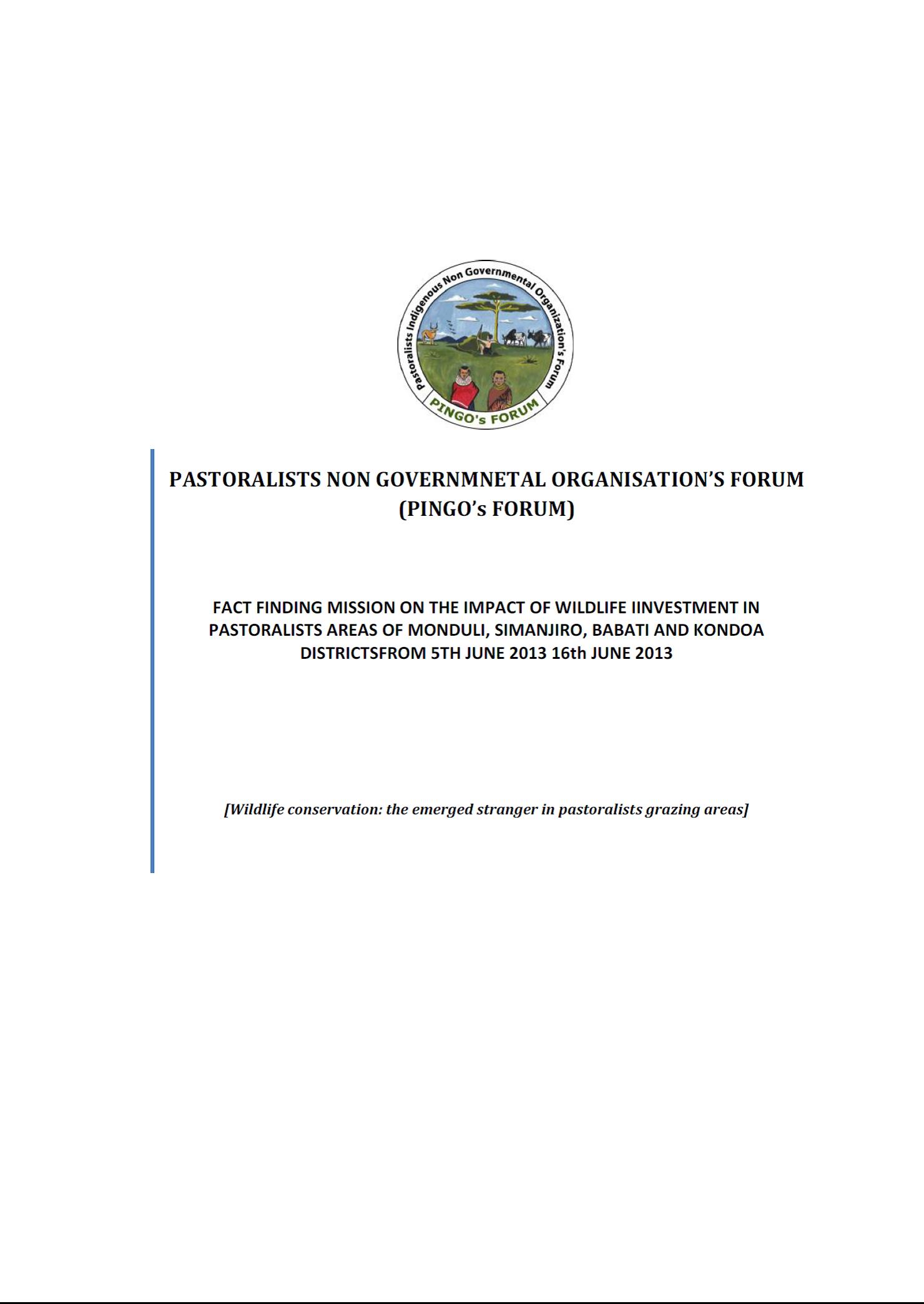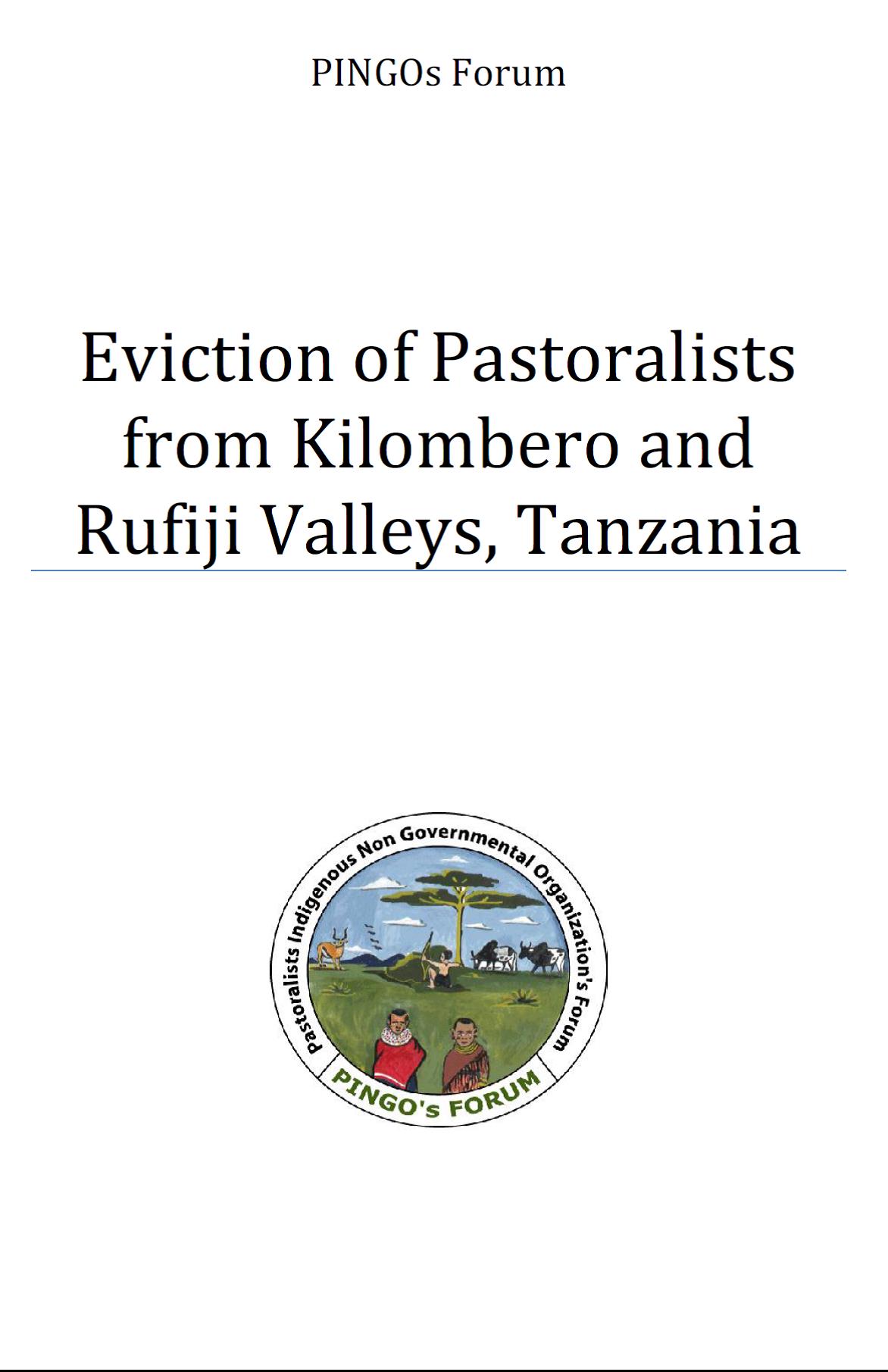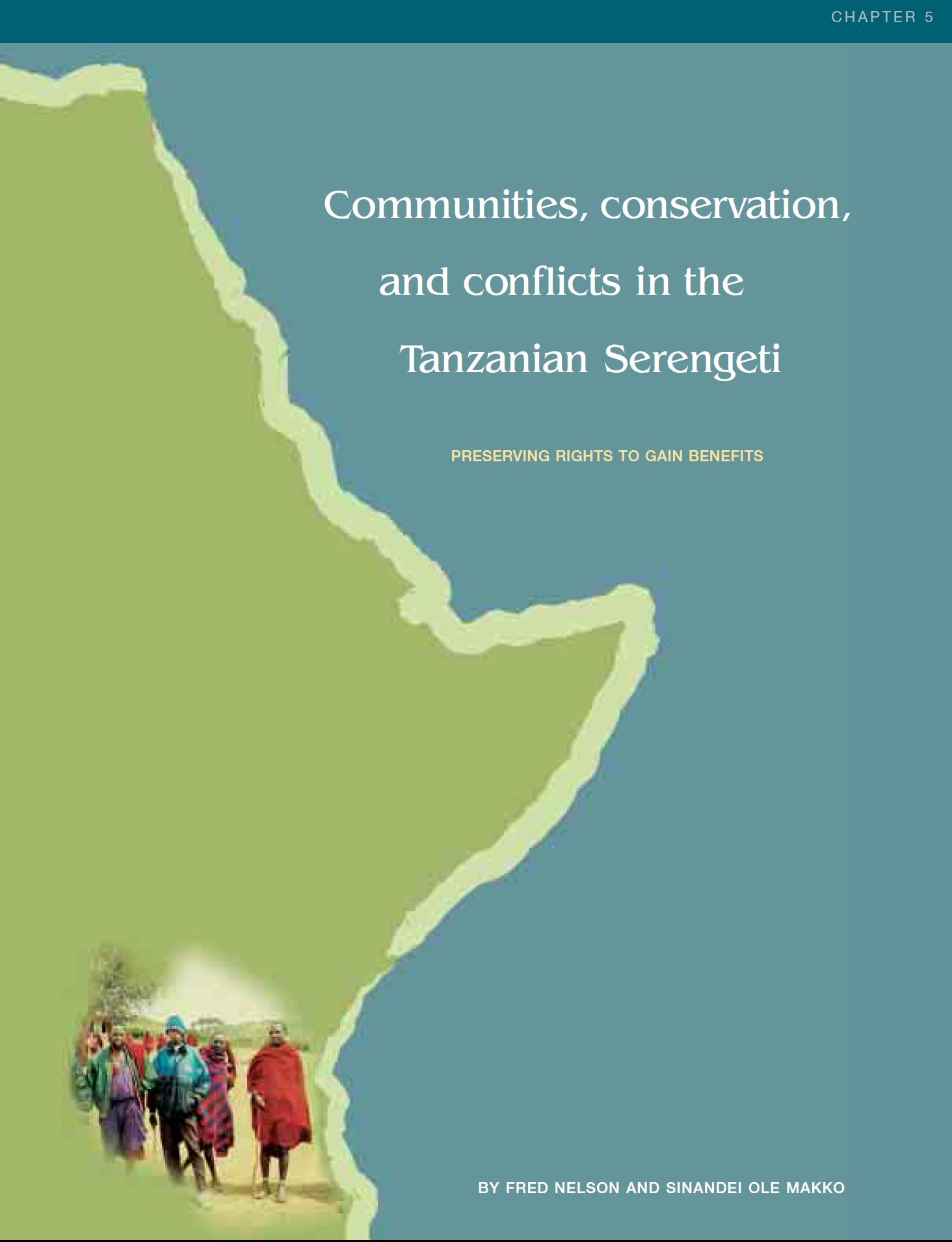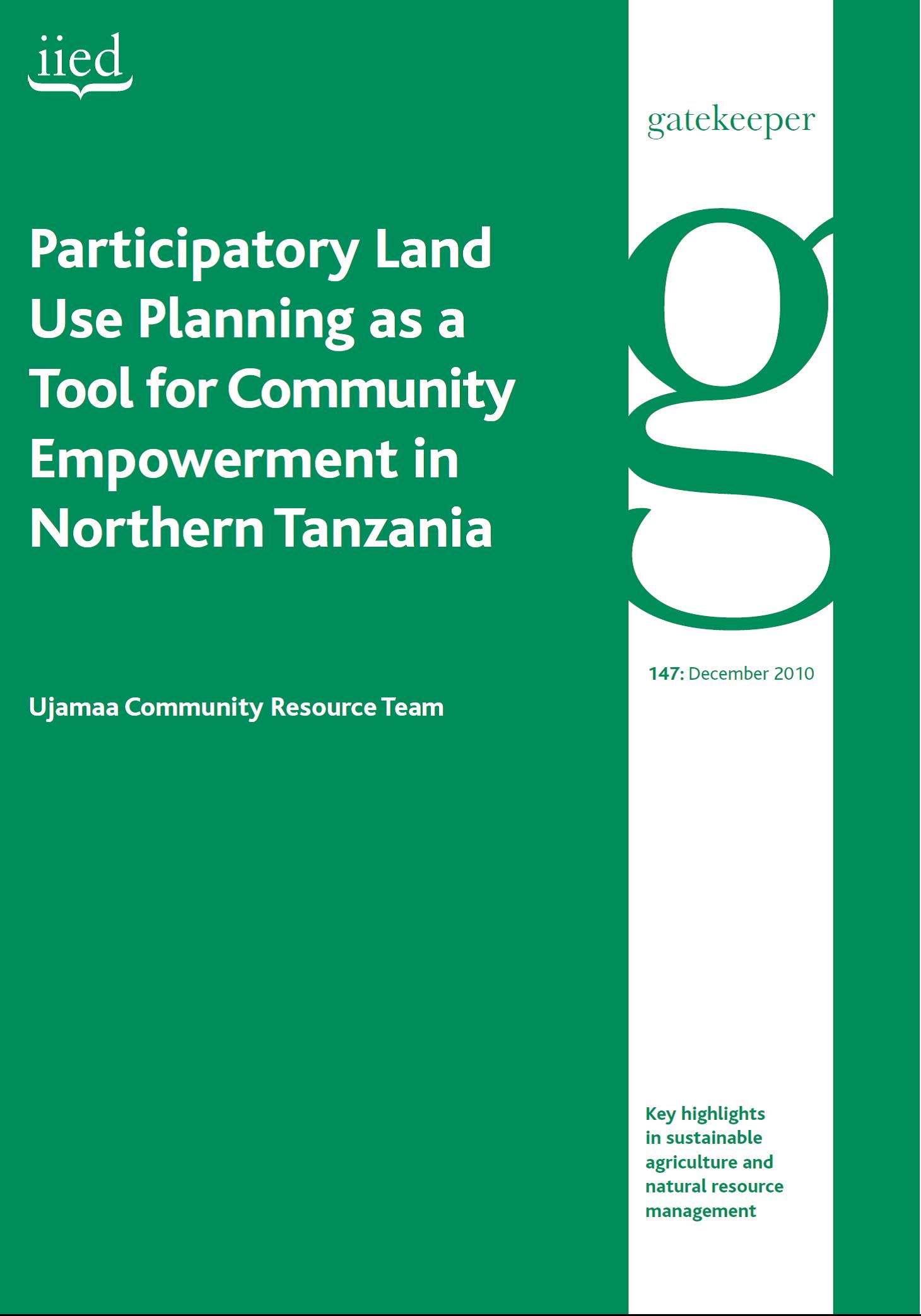Tribes, state, and technology adoption in arid land management, Syria
Arid shrub-lands in Syria and elsewhere in West Asia and North Africa are widely thought degraded. Characteristic of these areas is a preponderance of unpalatable shrubs or a lack of overall ground cover with a rise in the associated risks of soil erosion. Migrating pastoralists have been the scapegoats for this condition of the range. State steppe interventions of the last forty years have reflected this with programs to supplant customary systems with structures and institutions promoting western grazing systems and technologies.






